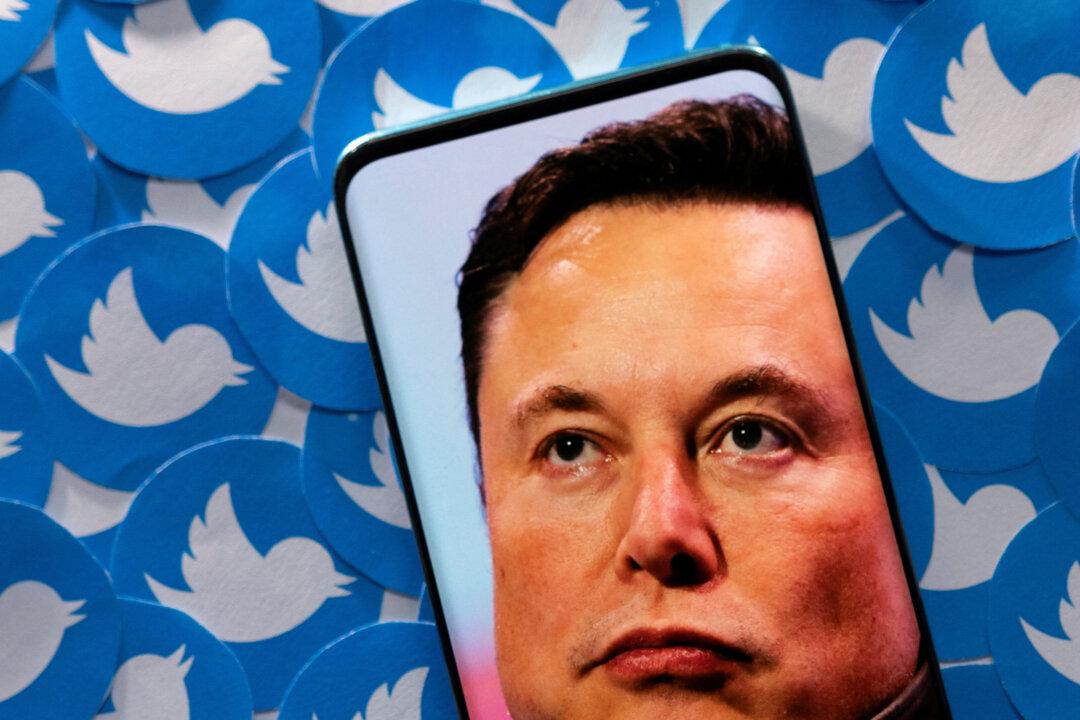A trial is set to start over a class-action lawsuit regarding whether Tesla CEO Elon Musk knowingly misled investors by claiming that funding was “secured” to take the company private in 2018.
After closing the deal to purchase Twitter in October 2022, the Tesla CEO now has to face his earlier statements on the same social media platform more than four years ago.





